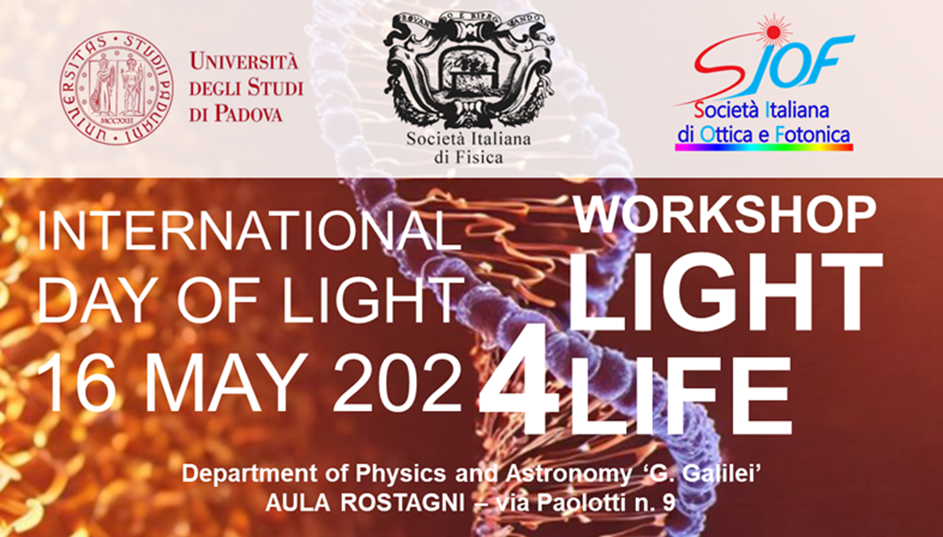Speaker
Description
Astrocytes participate in the clearance of obsolete or unwanted neuronal synapses. However, the molecular machinery recruited for the recognition of synapses is not fully clarified, especially in pathological conditions. Here, we investigated the phagocytic process through individual gene silencing using a druggable gene library. Our study demonstrates that astrocyte-mediated synapse engulfment is regulated by the Atypical chemokine receptor 3 (Ackr3). Mechanistically, we have shown that Ackr3 recognizes phosphatidylethanolamine (PE)-bound Cxcl12 at synaptic terminals both in vitro and in cells, thus serving as a novel marker of synaptic dysfunction. The removal of synapses by astrocytes, dependent on Ackr3, occurs prominently in brains affected by Alzheimer's disease (AD). Notably, both the receptor and its ligand are overexpressed in post mortem AD human brains, and downregulation of the receptor in AD mouse models (5xFAD) significantly diminishes astrocyte-mediated synaptic elimination. Overall, this work unveils a novel, possibly targetable mechanism of astrocyte-mediated synaptic engulfment implicated in the most common neurodegenerative disease.

